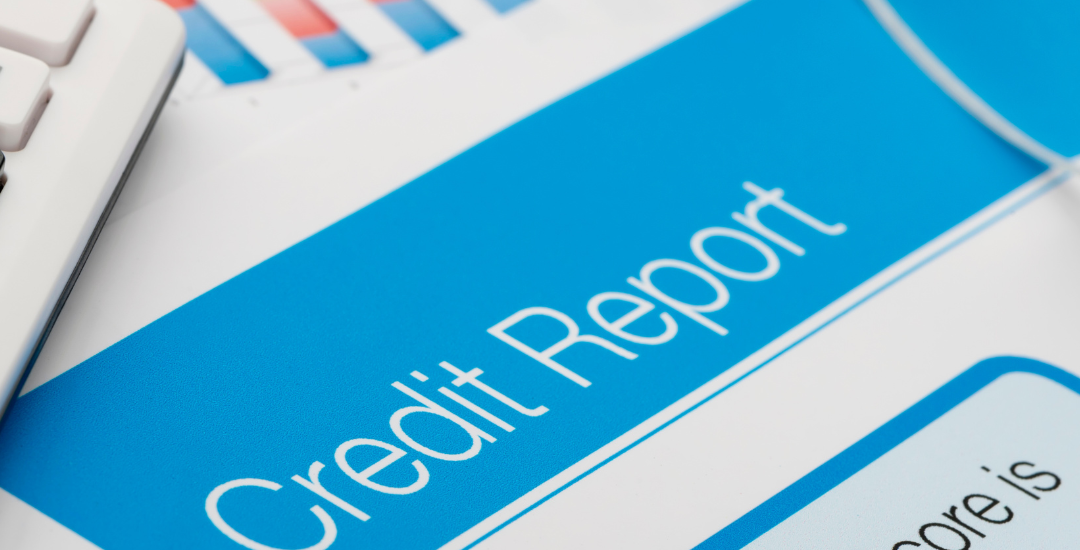If you’re like the majority of people, you probably don’t worry about your credit score until you’re preparing to apply for a credit card or a loan. Even those who have never checked their credit scores are not alone. It’s all too easy to ignore your credit score. It’s not one of those figures that you deal with on a regular basis, like your bank account balance or credit card balance.
Some people are hesitant to check their credit ratings because they are terrified of what they will find. Furthermore, some people believe that monitoring their credit score will have an impact on their credit. Luckily, your credit will not be affected if you hire a credit scoring company to verify your credit score.
7 Reasons to Monitor Your Credit Score on a Regularly
It’s not enough to check your credit score once in a while or once every few years. You should check your credit score on a regular basis if you want to keep control of your credit and finances. Here are some of the reasons behind this.
KNOW WHERE YOU STAND.
Your credit score is an important component of your overall financial condition. Ignoring your credit score is just as bad as ignoring any other aspect of your physical health. Whether it’s good or bad, knowing your credit score is advisable to not knowing where your credit stands. The good news is that even if your score is low, you can work to increase it. If your credit score is good, you can concentrate on keeping it that way.
MAINTAIN YOUR CREDIT SCORE.
You can’t prepare your credit score in a few days if you have an application coming up. Instead, it takes months, if not years, to establish a strong credit history. Monitoring your credit score puts you in charge of your credit and holds you accountable for maintaining a high credit score.
MAKE SURE YOUR CREDIT INFORMATION IS CORRECT.
The information in your credit report is reflected in your credit score. Reviewing your credit score might help you determine whether your credit report is accurate. If your credit score is lower than expected, it might be an indication that your credit report contains inaccuracies that must be addressed with the credit bureaus.
DO NOT BE SURPRISED WITH THE RESULTS OF YOUR APPLICATION.
If you don’t check your credit score before applying, you may be surprised by denials or terms that aren’t as beneficial as you imagined. Knowing where your credit stands, on the other hand, prepares you for any eventuality—even the less desirable ones.
LEARN WHICH ACTIVITIES DAMAGE AND WHICH ONES ENHANCE YOUR CREDIT SCORE.
You can tell how your financial behaviors affect your credit by keeping track of your credit score. You can see how paying off a bill or getting a new credit card affects your credit, for example. You’ll know what to prevent in advance of a big loan application once you understand how certain acts affect your credit score.
QUICKLY RESPOND TO CHANGES.
When you check your credit score on a regular basis, you’ll be notified of any changes far sooner. If your credit score drops, you may look at your credit report to see what caused the drop. Then you can work to reclaim the points you’ve lost on your credit score.
UNDERSTAND WHEN YOU MAY BE ELIGIBLE FOR BETTER CREDIT CARD OFFERS.
As your credit score develops, you’ll have a higher chance of being approved for credit cards that offer better interest rates, incentives, or other benefits. Alternatively, you may use a good credit score (along with better credit card offers) as leverage to get your present credit card issuers to lower your interest rates. If your credit card company refuses to lower your rate, apply for a 0% balance transfer credit card—a higher credit score will increase your chances of being approved.
Where Can You Check Your Credit Score?
You may check your credit score for free in a variety of ways. If you want to keep track of your credit score on a regular basis, using a free service is the best option. Your bank may also give a credit monitoring service with free updates to one of your credit scores. Find out what services are available from your bank or credit card company.
Alternatively, if your credit card company participates in the new FICO Open Access program, you’ll get a copy of your FICO score along with the major factors influencing your score with each statement. Discover, Chase, Bank of America, Barclaycard, Commerce Bank, American Express, First Bankcard, and the Walmart credit card all provide free FICO scores.
You may also get your credit score from one of the three main credit bureaus, Equifax, Experian, or TransUnion, or at myFICO.com. Each of these companies provides a credit monitoring service that you may pay for on a monthly basis.
How Frequently Should You Check Your Credit Score?
Depending on how frequently the information in your credit report updates, your credit score might change as frequently as daily. Checking your credit score more frequently may help you be prepared if you want to buy a house or car soon. Nevertheless, monitoring your credit score semiannually to monthly is enough.
Keep in mind that your credit score is a number that represents the information on your credit report at the moment. To improve your credit score, you must modify the underlying information on your credit report by responsible spending and payment practices. Most credit score providers, including those that are free, will offer you basic information on the factors that influence your credit score. You may use this data to determine what you need to do to increase your score.
You’ll see your credit score changing as you watch it more frequently, possibly as frequently as daily. You shouldn’t be concerned about changes to your credit score until it drops significantly and stays there.
Also keep in mind that your credit scores may vary from one provider to the next, especially if the underlying credit data comes from several credit agencies. This difference is a common occurrence in credit scoring.





